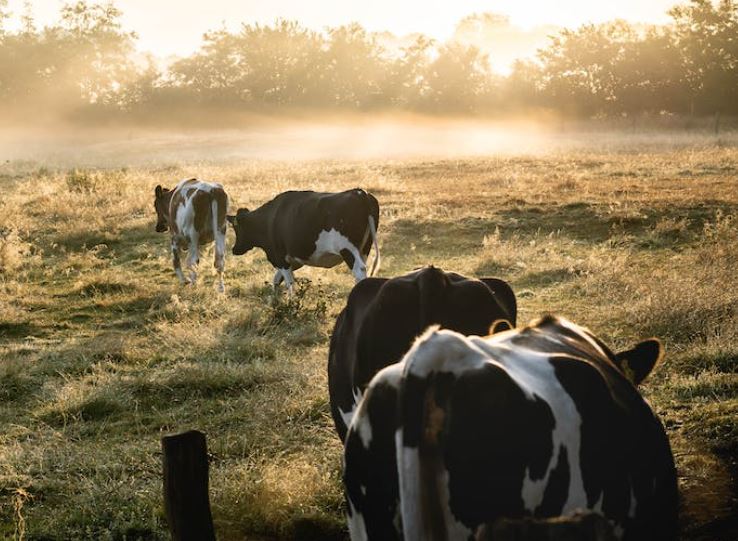
Farm ventures combining benefit in addition to eco friendly progress
Introduction
Farming practices have a significant impact on the environment, and there is a growing movement towards more sustainable and ecofriendly approaches.
Combining farming with other ventures can offer numerous benefits beyond just environmental sustainability.
This article will explore the benefits of ecofriendly farming practices, the benefits of combining farming with other ventures, and provide examples of successful farm ventures that combine benefit and ecofriendly progress.
Ecofriendly farming practices benefits
Ecofriendly farming practices offer numerous benefits for both the environment and the farmers themselves:
- Firstly, these practices reduce environmental pollution and soil degradation. By avoiding the use of harmful chemicals and pesticides, ecofriendly farming methods help to preserve the natural balance of ecosystems.
- Ecofriendly farming practices improve soil health and fertility, leading to increased crop yields and healthier, more nutritious food.
- Finally, these practices promote biodiversity and conservation of natural resources, which is essential for the long-term health of our planet.
Benefits of combining farming with other ventures
Combining farming with other ventures can offer numerous benefits for farmers beyond just environmental sustainability:
- Firstly, diversification of income streams can help farmers to weather economic fluctuations and reduce their dependence on a single crop or product.
- Secondly, combining farming with other ventures can lead to increased productivity and efficiency through resource sharing. For example, a farm that combines crop production with livestock farming can use animal waste as fertilizer, reducing the need for costly chemical fertilizers.
- Finally, combining farming with other ventures can create new markets and opportunities for growth, such as selling value-added products like jams or pickles made from farm-grown produce.
Examples of successful farm ventures that combine benefit and ecofriendly progress
There are numerous successful farm ventures that combine benefit and ecofriendly progress:
- One example is agroforestry systems, which combine trees, crops, and livestock to create a sustainable and diverse farming system. These systems can improve soil health, increase biodiversity, and provide multiple sources of income for farmers.
- Another example is community-supported agriculture (CSA) programs, which promote local, sustainable food production. These programs allow consumers to purchase a share of a farm's harvest in advance, providing farmers with a reliable source of income and consumers with fresh, locally-grown produce.
- Finally, aquaponics systems combine fish farming with hydroponic crop production to create a closed-loop system that is both sustainable and productive. These systems can produce high yields of fresh produce and fish while using minimal resources.
Conclusion
Combining farming with other ventures can offer numerous benefits beyond just environmental sustainability.
By diversifying income streams, increasing productivity and efficiency, and creating new markets and opportunities for growth, farmers can create sustainable and profitable businesses.
Additionally, ecofriendly farming practices offer numerous benefits for both the environment and farmers themselves, including reduced environmental pollution, improved soil health and fertility, and increased biodiversity and conservation of natural resources.
Examples of successful farm ventures that combine benefit and ecofriendly progress include agroforestry systems, community-supported agriculture programs, and aquaponics systems.
Understanding Market Research: Tools and Techniques




